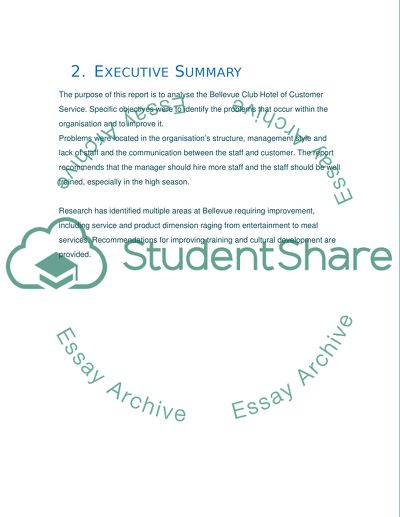Cite this document
(“Evaluation on customer services on Bellevue Club Hotel Dissertation”, n.d.)
Retrieved from https://studentshare.org/tourism/1461690-evaluation-on-customer-services-on-bellevue-club
Retrieved from https://studentshare.org/tourism/1461690-evaluation-on-customer-services-on-bellevue-club
(Evaluation on Customer Services on Bellevue Club Hotel Dissertation)
https://studentshare.org/tourism/1461690-evaluation-on-customer-services-on-bellevue-club.
https://studentshare.org/tourism/1461690-evaluation-on-customer-services-on-bellevue-club.
“Evaluation on Customer Services on Bellevue Club Hotel Dissertation”, n.d. https://studentshare.org/tourism/1461690-evaluation-on-customer-services-on-bellevue-club.


